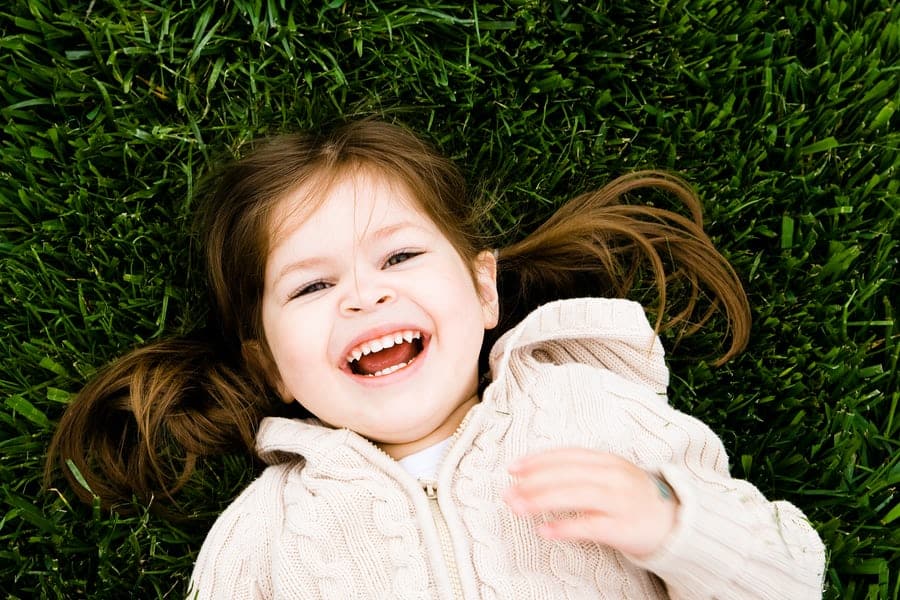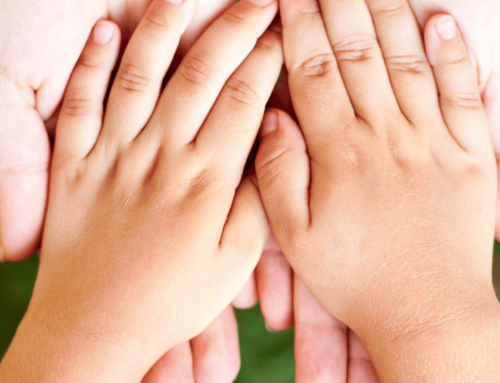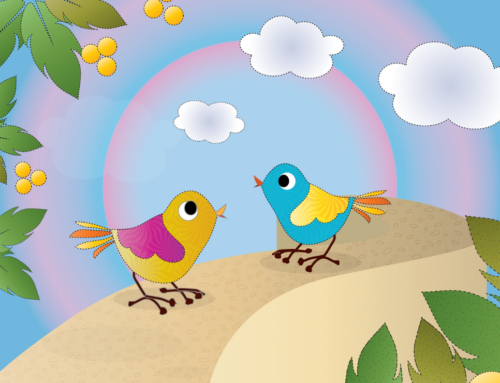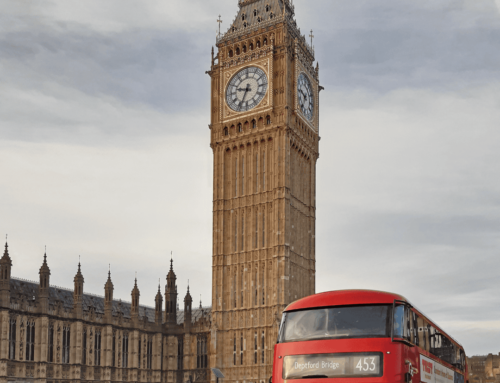We all know that the early years of a child’s life are the most formative years and that it’s incredibly important to understand and be proactive about children’s development. At Happy Journeys, we are constantly educating ourselves on childhood development and creating activities and play that encourage these skills and ensure a child gets the best start in life. We are frequently asked by parents how they can continue this support of a child’s development at home and thought we’d put together our best advice.
Babies
The first year of a child’s life is full of wonder and learning and there are many key things a parent can focus on at home. This first year is about managing the body – from rolling to head control to sitting up, grabbing and holding objects, tracking movements and absorbing language. Therefore, the best things you can do to support your baby’s development are talking, emoting and passing your baby items of interest to build their gross motor skills.
Infants
Infants gross motor skills are typically getting strong enough that the child is learning to walk, hold things by themselves and begin to interact more with their environment. This is a great time for basic motor skill activities such as popping shapes into holes, working with different materials and introduce them into social environments so they are comfortable around new people. In other words, feed their curiosity with everything!
Toddlers
Toddlers just love learning about the world and really begin to form their emotional development as well as physical development. Physically, the focus should be on strength and climbing so ball games, soft play and obstacles are a great way to encourage a child to analyse their surroundings and build their strength.
Emotionally, the toddler stage can be difficult on parents as children have very strong feelings but lack the ability to talk about them to you. This is a normal part of emotional development, and simply a matter of feeling and acting on impulse. Praising your toddler for good behaviour and keeping calm is the best way to support them during this time. Social development is also key at this stage – providing your child opportunities to mingle and share is key.
It’s also a great time to get into reading and working on language and speech development. Children begin to learn words at an incredibly fast pace so make the most of this sponge-like ability!
Pre-Schoolers
This is where children really start to develop some independence. You might find your child able to dress themselves, brush their own teeth and go to the toilet by themselves. Emotionally, children begin to empathise with others, recognise and verbalise emotion in themselves and others. Socially, their interactions are incredibly important and working on teambuilding and kindness is important. Continuing to play, read, socialise and talk together is the best way to encourage development, independence and rapport with your child before they go off to big school!
At Happy Journeys, every activity we do is considered, expertly designed for the developmental stages of the relevant age group, and we regularly share ideas and updates over on our Facebook, Twitter and Instagram – so they’re a great place to find more advice and ideas on how to support your child’s development at home.






